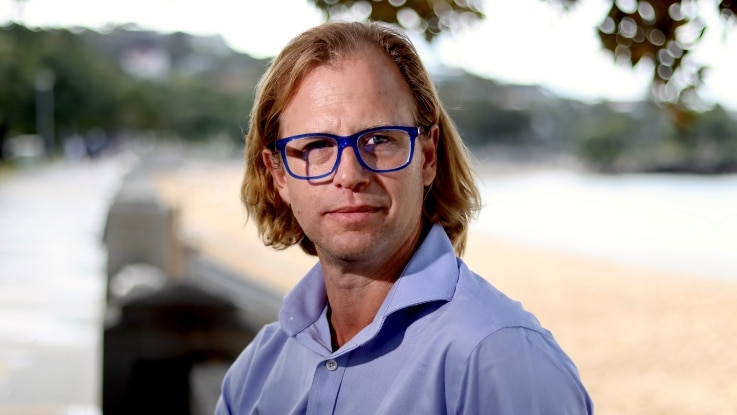
The 2025 Boyer Lecture series, titled “Australia: A Radical Experiment in Democracy,” will feature a lineup of academics, writers, and policy experts examining the strengths and vulnerabilities of Australian democracy. Hosted by creative director Julia Baird, this series will unfold over five engaging orations.
This groundbreaking initiative will delve into the resilience of Australian democracy, highlighting the public’s trust in electoral processes despite waning confidence in politicians. The series will also address pressing challenges such as shifting global alliances, the impact of artificial intelligence, and the rise of autocracies.
Exploring Democracy’s Resilience and Challenges
ABC Chair Kim Williams announced a departure from the traditional single-speaker format, opting instead for an anthology series featuring five distinguished speakers. This approach, according to Williams, better suits contemporary audiences by offering a diversity of perspectives on the evolving landscape of Australian democracy.
“I believe anthology series are better suited to the current era where undertaking four or more consecutive lectures is probably too big a request on prospective speakers with time pressures,” Williams stated.
The series will commence with a keynote address by Justin Wolfers, a renowned economist and public policy professor at the University of Michigan and visiting professor at the University of Sydney. His address, recorded live at ABC Ultimo Studio 22 on October 14, will be followed by a panel discussion moderated by Julia Baird, airing on ABC Radio National and ABC News Channel on October 19.
Meet the Speakers
Justin Wolfers
Justin Wolfers, a leading economist, will kick off the series. His extensive background includes positions at the National Bureau of Economic Research, the Brookings Institution, and the University of Sydney. Known for his work in labor economics and macroeconomics, Wolfers has been recognized by the IMF as one of the “25 economists under 45 shaping the way we think about the global economy.”
John Anderson
The Honorable John Anderson, former Deputy Prime Minister and Leader of the National Party, brings a wealth of political experience. Anderson, who has remained active in public discourse through his podcast and public engagements, emphasizes the importance of addressing cultural breakdown as a major challenge for contemporary society.
Larissa Behrendt
Distinguished Professor Larissa Behrendt, a Eualayai/Gamillaroi woman and Laureate Fellow, is renowned for her contributions to Indigenous education and legal issues. Her accolades include the 2009 NAIDOC Person of the Year and the 2020 Order of Australia. Behrendt’s work spans literature, film, and academia, making her a pivotal voice in the series.
Amelia Lester
Amelia Lester, deputy editor of Foreign Policy magazine, has an impressive editorial background with roles at The New Yorker and The Sydney Morning Herald. Her international perspective and journalistic acumen will provide valuable insights into the global context of Australian democracy.
James Curran
James Curran, Professor of Modern History at The University of Sydney, is a respected foreign affairs columnist and author. His expertise in Australian history and foreign policy will contribute to a nuanced understanding of Australia’s democratic experiment.
Broadcast and Partnerships
For the first time, each lecture will be broadcast on both the ABC News Channel and ABC Radio National, starting on October 26. This expansion in reach is further bolstered by a partnership with The Monthly, aiming to enhance the series’ impact and accessibility.
The Boyer Lecture series, named after former ABC Chairman Sir Richard Boyer, continues its tradition of inviting prominent Australians to discuss significant social, cultural, scientific, or political issues. This year’s theme and format promise a rich tapestry of insights into the state of democracy in Australia.
As the series unfolds, audiences can expect a “thought kaleidoscope” of perspectives that challenge and enrich our understanding of democracy’s future in an increasingly complex world.






